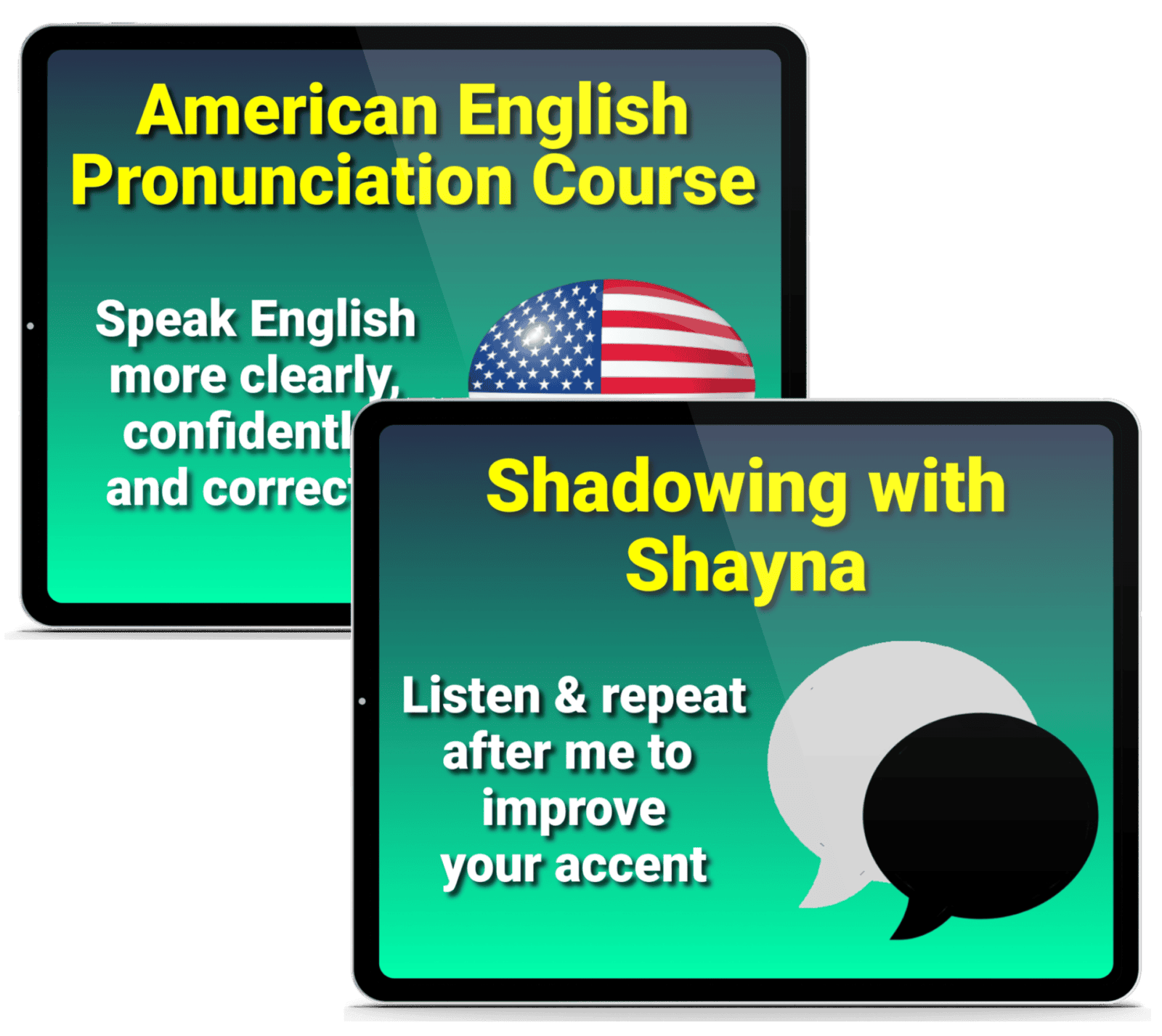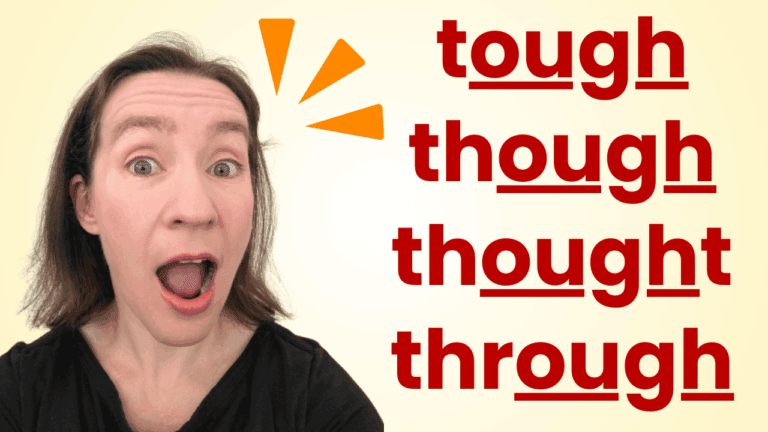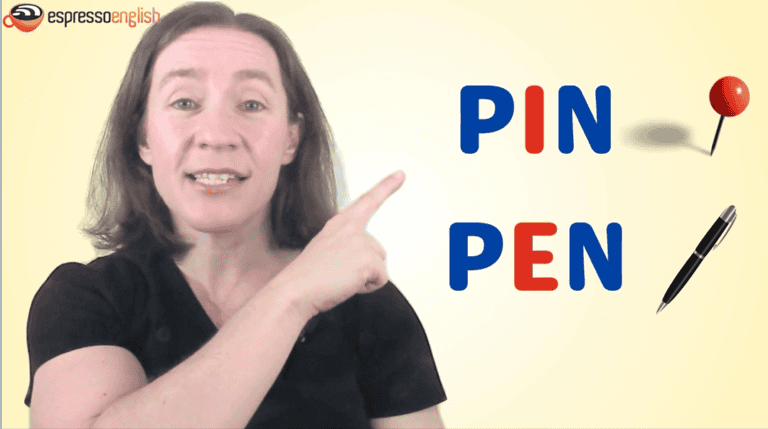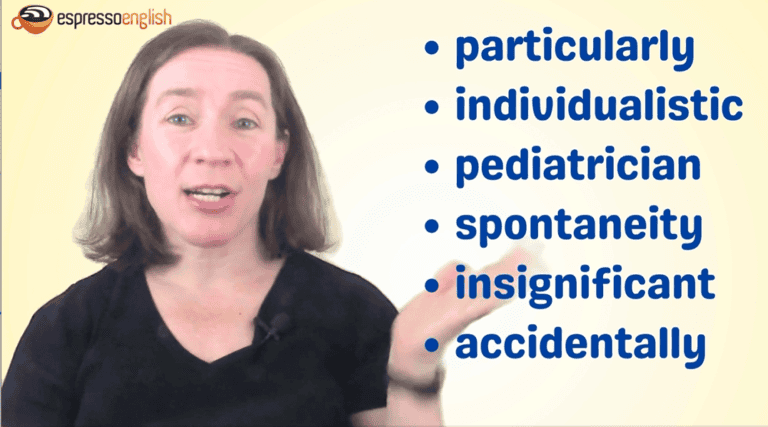Wondering whether to use breathe or breath? Today’s lesson will teach you the difference between these confusing English words in meaning and pronunciation. You’ll also learn some collocations and common phrases with breathe and breath!
Difference in meaning
The word breathe is a verb, referring to the action or process of taking air in and out of your lungs, mouth, and nose.
The word breath is a noun referring to the actual air going in/out of you, or to a complete cycle of breathing.
Let’s look at some example sentences:
- Scuba divers use an oxygen tank to breathe underwater.
- If you don’t brush your teeth regularly, you’ll have bad breath.
(the air coming out of your mouth smells bad) - We called an ambulance when we saw that the old woman was having trouble breathing.
- When you feel yourself getting angry, taking a deep breath can help calm you down.
(one cycle of inhaling and exhaling)

More example sentences with breathe
More example sentences with breath
Breathe vs. Breath: Pronunciation
There are two pronunciation differences between breathe and breath:
- The ea in breathe is like in need, see, real, and breeze.
- The ea in breath is like in bread, head, red, and bed.
- The th in breathe is “hard” like in this and these.
- The th in breath is “soft” like in path, tooth, and fourth.
Breathe vs. Breath: Collocations
Here are some of the common words that native English speakers use with breathe and breath.
With the word breathe, you can…
- breathe fast/quickly/rapidly/slowly
- breathe deeply / breathe shallowly
(take in a LOT of air or only a LITTLE air) - breathe in / breathe out
(referring to taking air in, and putting air out) - breathe hard/heavily
(when you’re using a lot of air and quickly) - have trouble breathing
(when a medical condition is interfering with your respiration)
With the word breath, you can…
- take a deep breath (inhale a lot of air)
- have bad breath (when the air coming out of your mouth smells bad)
- hold your breath (keep air in your lungs, like when you go underwater)
- be out of breath (when you have difficulty breathing)
- catch your breath (take time for your breathing to come back to normal after intense activity)
- gasp for breath (when you are trying desperately to breathe)
- mumble/mutter something under your breath (say a comment very quietly, usually a negative comment, insult, or swear)
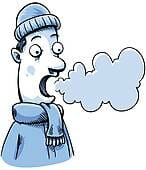
Common Phrases and Idioms with Breathe and Breath
The words breathe and breath are also used in idiomatic expressions and informal phrases. Let’s learn some of the most common ones:
Common phrases with breathe:
- breathe easily/freely again
(when you can relax after a period of intense stress or nervousness) - breathe new life into someone/something
(give the person/thing fresh energy)
- breathing down someone’s neck
(monitoring someone very closely, in an annoying way – like the person is standing behind you watching you work and breathing on the back of your neck) - breathe fire
(express anger with strong words) - breathe one’s last
(a poetic way to talk about dying) - eat, breathe, and sleep [an activity/interest]
(dedicate almost all of your time to that activity or interest) - not breathe a word of something
(keep something completely secret, not talk about it at all)

Common phrases with breath:
- a breath of fresh air
(something new, different, and positive) - say [something] in the same breath as [something else]
(talk about two things, one right after the other) - take your breath away
(how it makes you feel when something is incredibly amazing) - wait with bated breath
(wait anxiously and eagerly) - to the last breath
(believe, fight for, or do something your entire life until the moment you die) - don’t hold your breath
(say this when something probably won’t happen anytime soon) - save your breath / don’t waste your breath
(say this when there’s no use talking about something or to someone, because it will have no effect)
Now you know when to use breath vs. breathe! Hopefully this lesson has helped “breathe new life into” your English learning 🙂 Try writing your own example sentences with the collocations and phrases you learned today.


